Winter Short Term
December 29th 2025 – January 12th 2026
Applications Open: Now
Application Deadline: September 15th, 2025
Term overview
Experience the Magic of Ireland This Winter: Join Our Intensive Program in Dingle!
Spend two unforgettable weeks over the New Year in the breathtaking coastal town of Dingle. As December turns to January, Dingle comes alive with vibrant celebrations, including dazzling fireworks and a spirited marching band parade that draws visitors from near and far.
Immerse yourself in the heart of Irish culture through traditional music, language, cuisine, and craic (that’s Irish for fun!). Our SHU Dingle team will warmly welcome you into a close-knit community and deliver world-class instruction set against the festive charm of Ireland’s scenic southwest.
While Dingle thrives in the summer, our winter program offers a unique, immersive experience without the crowds.
As a designated Gaeltacht, a region where the Irish language is spoken daily, Dingle is rich in heritage, personality, and charm. Discover the true spirit of Ireland and create lifelong memories in one of the world’s most enchanting places!
Courses
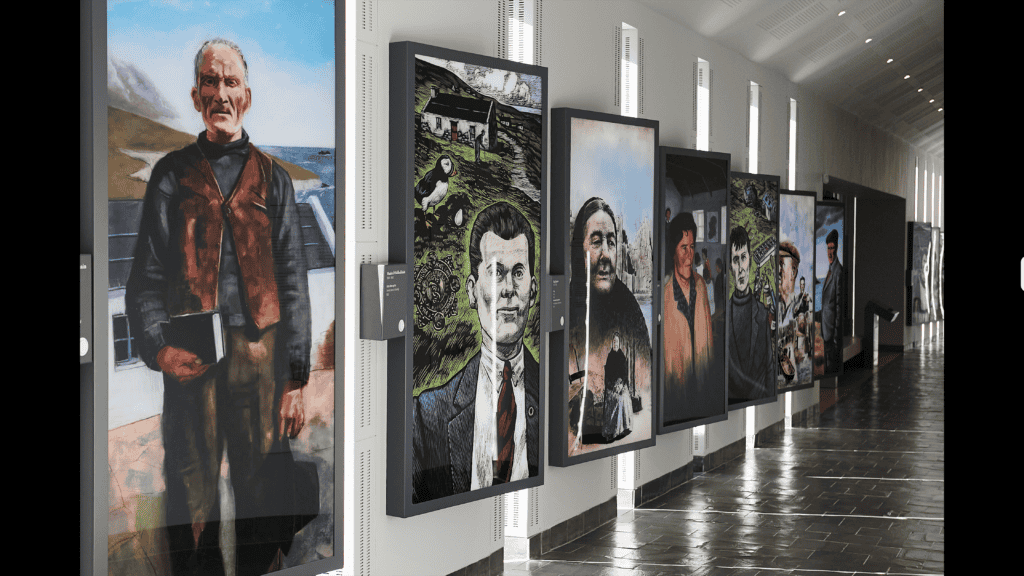
DESCRIPTION
LIBERAL ARTS EXPLORATION
- Humanistic Inquiry
- Social and Global Awareness
FACULTY
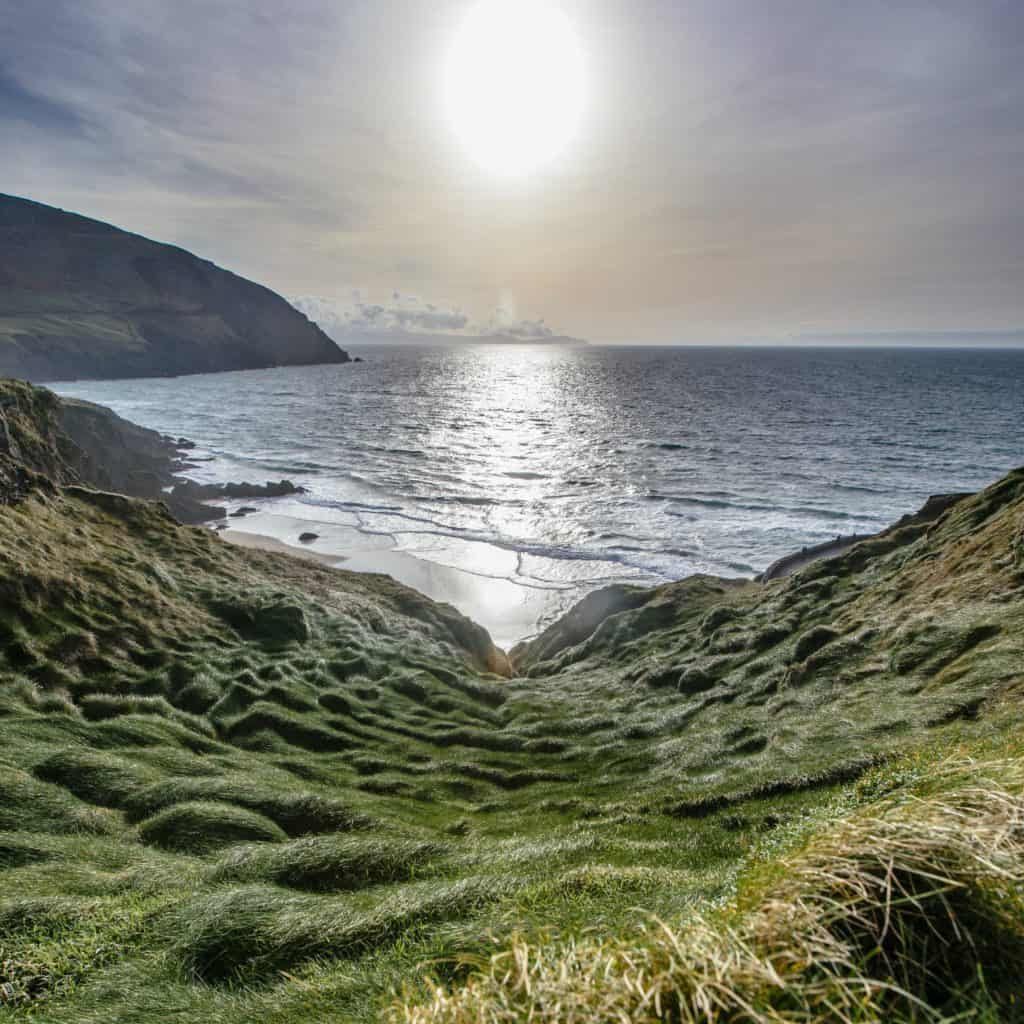
DESCRIPTION
FACULTY
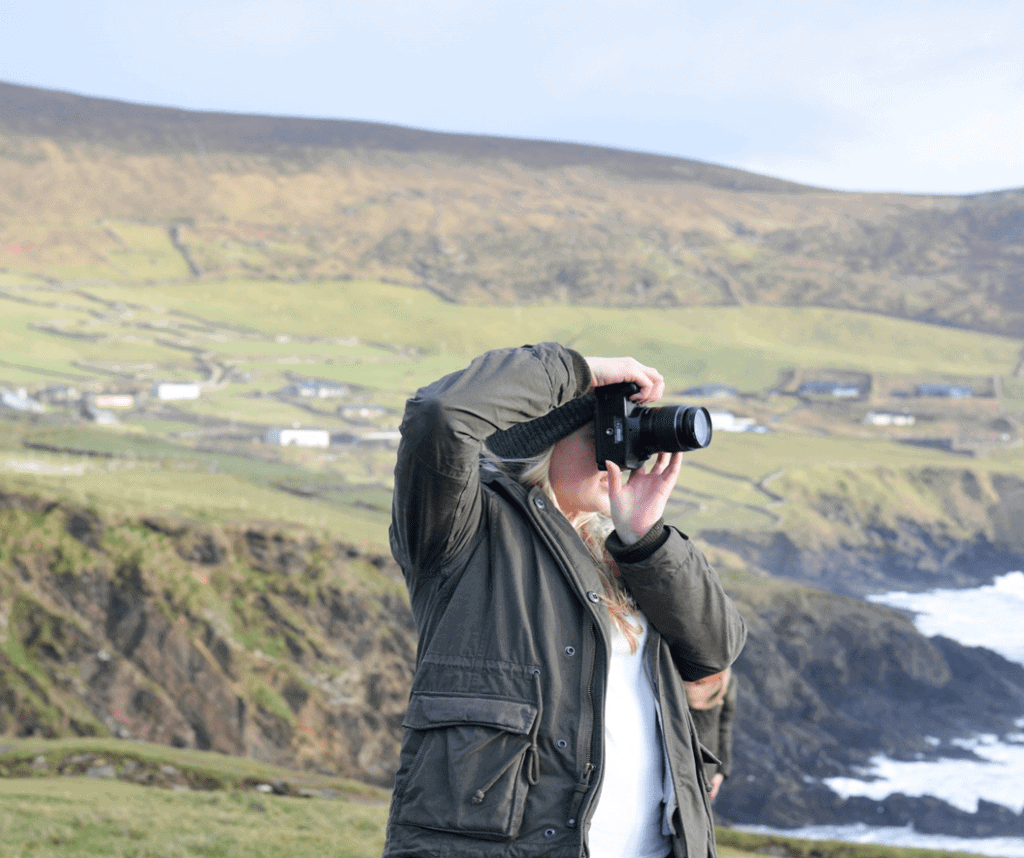
DESCRIPTION
FACULTY
Todd Barnes, Ph.D.
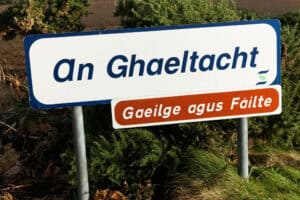
DESCRIPTION
The connections between language, culture, and social identity are strong. Cross-cultural variations in language are noted in differences in pronunciation, grammar, and vocabulary by speakers of the same language. We will use structural and cultural linguistic frameworks to identify and understand differences in dialects of English spoken in Ireland and the United States.
FACULTY
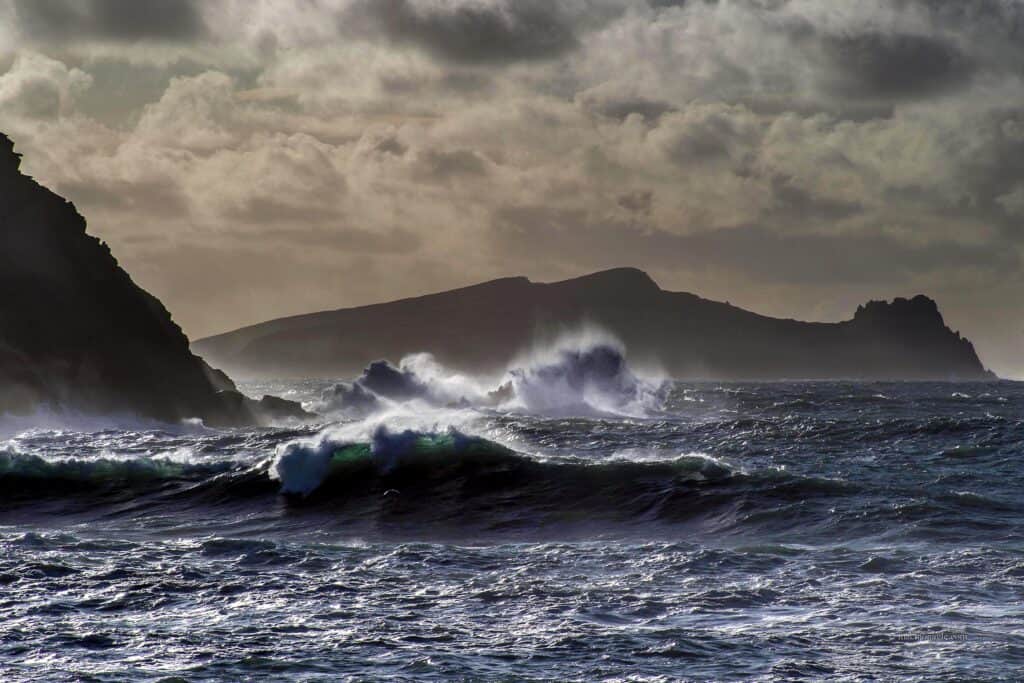
DESCRIPTION
FACULTY
Rick Magee, Ph.D.
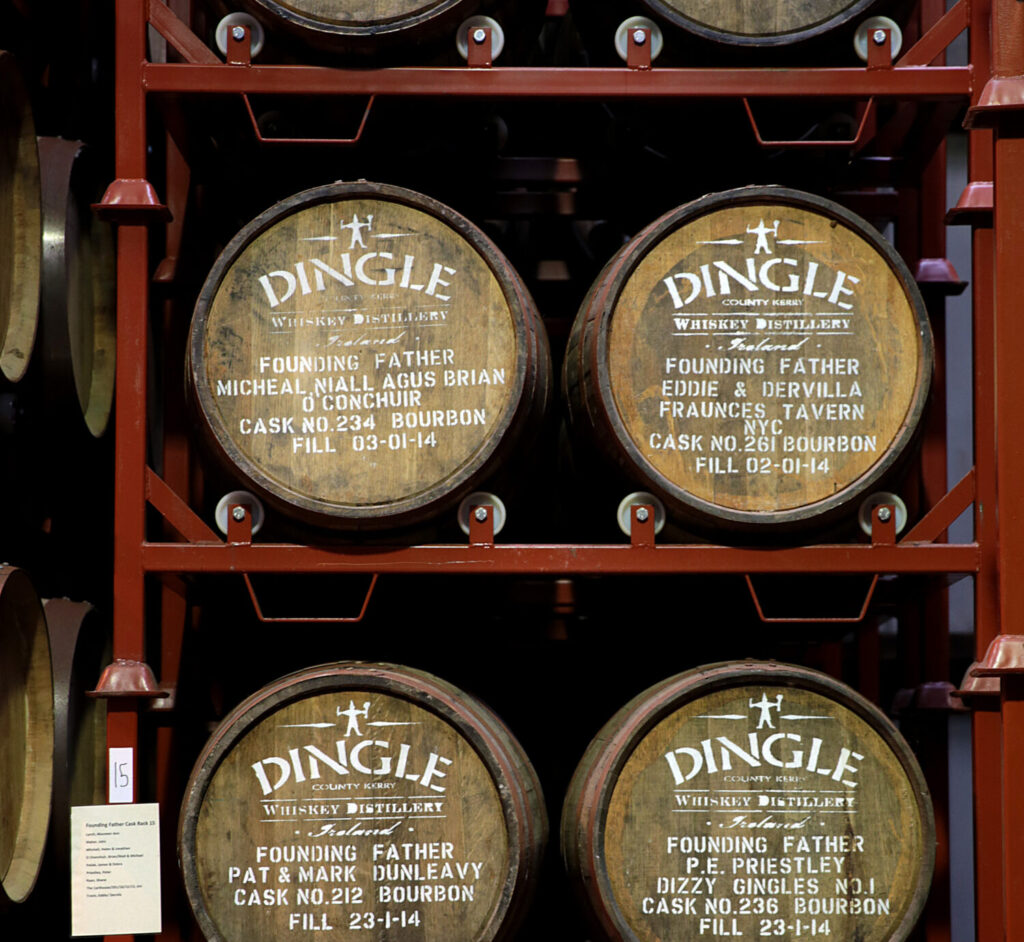
DESCRIPTION
Worldwide tourism is continuing to grow and has been identified as a critical industry for the economies of many different countries, each linking their attractions primarily to cultural identities. Ireland is one of the leading tourist destinations, and the country’s tourist leaders have developed this position over decades as Ireland relies heavily on revenue generated from this source. It is estimated that overseas visitor numbers reached 6.29 million in 2011, a 7% increase from 2010. How does Ireland go about creating their specific brand image in marketing Ireland as a ‘holiday destination’? How have they created the Irish mystique that attracts so many tourists each year?
This class will explore these questions in developing a better understanding of tourism marketing and how Ireland has become a leader in this sector. The class will utilize a reading list, case studies, social media, and site visits to explore this topic.
FACULTY
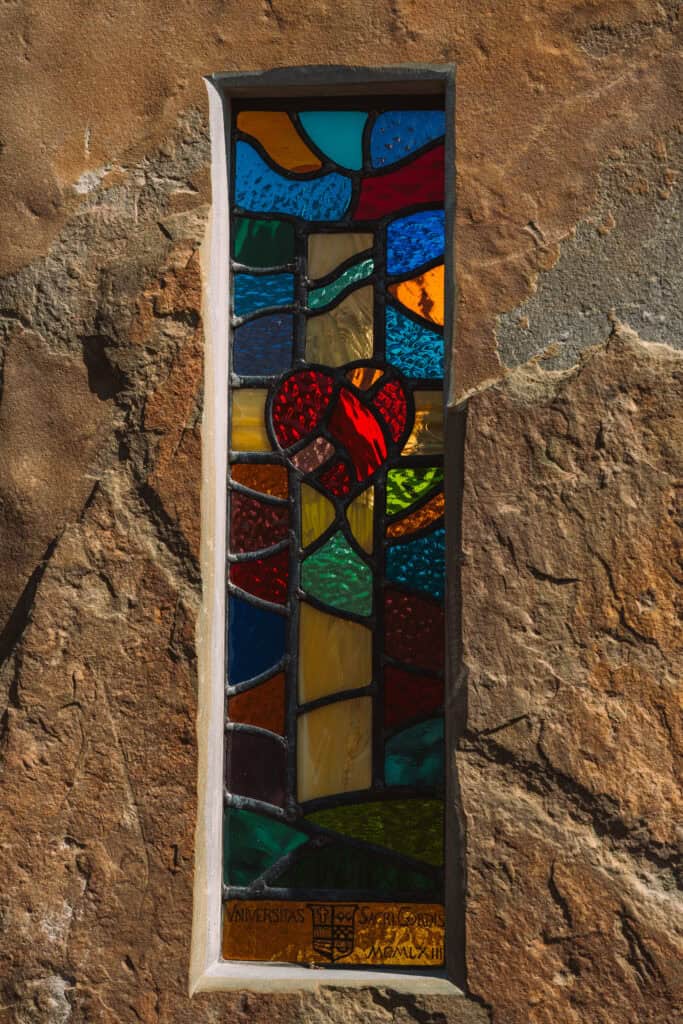
DESCRIPTION
Spend 2 weeks learning about ethical issues in health care by exploring compelling scenarios and case studies. Study the role of ethics and the importance of Philosophy to the Irish Catholic Intellectual Tradition and investigate how health care concerns impact the lives of patients and health-care providers throughout southwestern Ireland.
Among the central topics to be covered are informed consent, medical futility, reproductive ethics, privacy, cultural competence, and clinical trials.
FACULTY
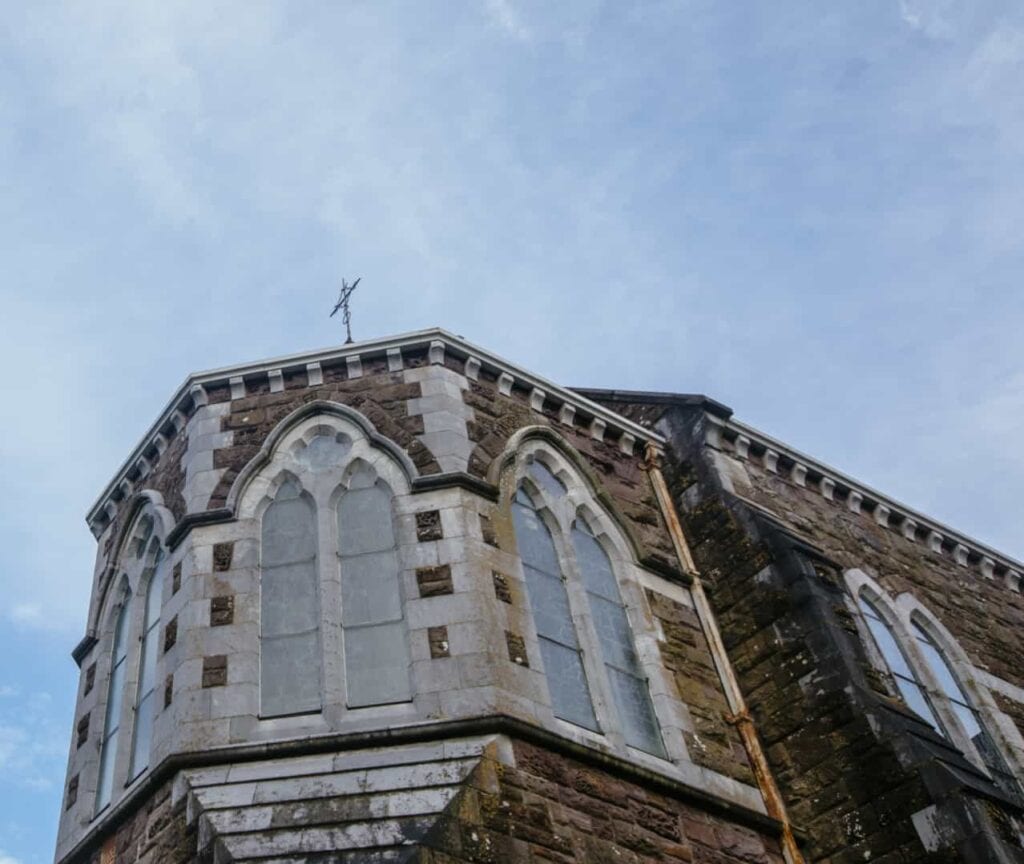
DESCRIPTION
Irish and U.S. social welfare history and practice today are distinct from each other, but both retain structural and cultural vestiges of their shared English Colonial roots. In this course, students will explore the common foundation of social welfare in both nations and follow the singular paths of each nation in establishing their own priorities in social programs and practices to support and control their citizens. Students will learn from Irish lecturers as well as SHU faculty about the fundamentals of social welfare, while exploring in breakout groups how housing, healthcare (including mental health), food and water, child welfare, immigration, and criminal justice are structured and implemented in both nations. A study of commonalities and contrasts, this course challenges students to consider the perspectives and practices of these two very different political entities, both to support and control their populations, and the structural and cultural variations that have informed U.S. and Irish practice today.
FACULTY
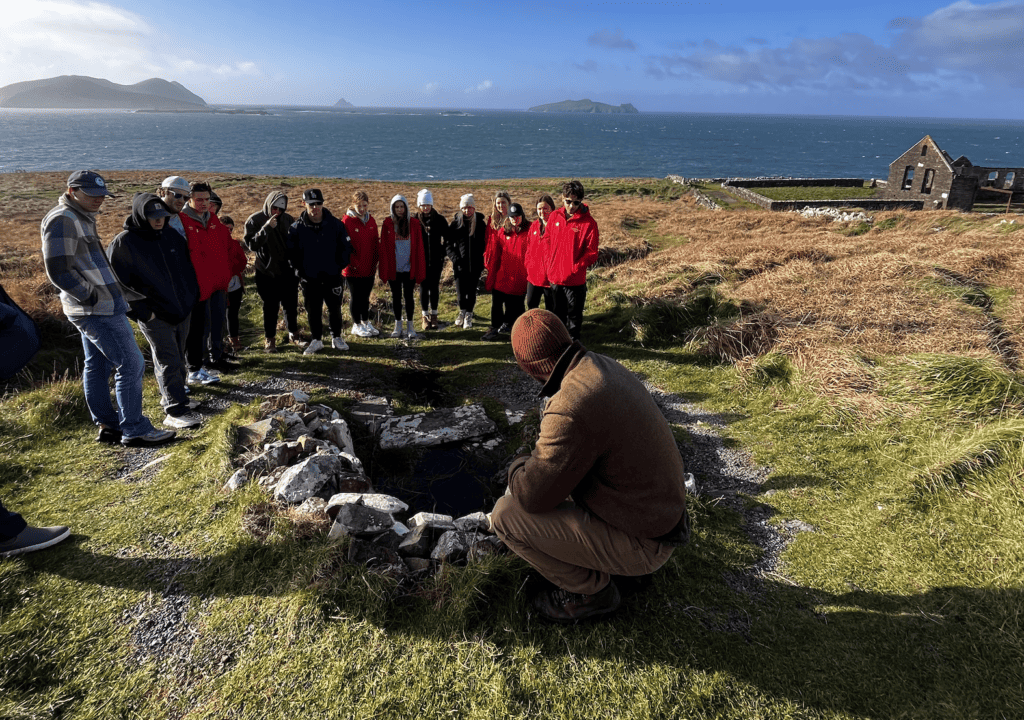
DESCRIPTION
Study the ancient religion of Ireland, of gods and goddesses, ancestors and rituals, holy places and sacred rulers. Learn about the Celtic origins of Halloween and the great seasonal festivals of the Druids. Walk through the landscape and discover traditions and customs from ancient times that are reflected in the modern world, through myth, place names, and customs.
FACULTY
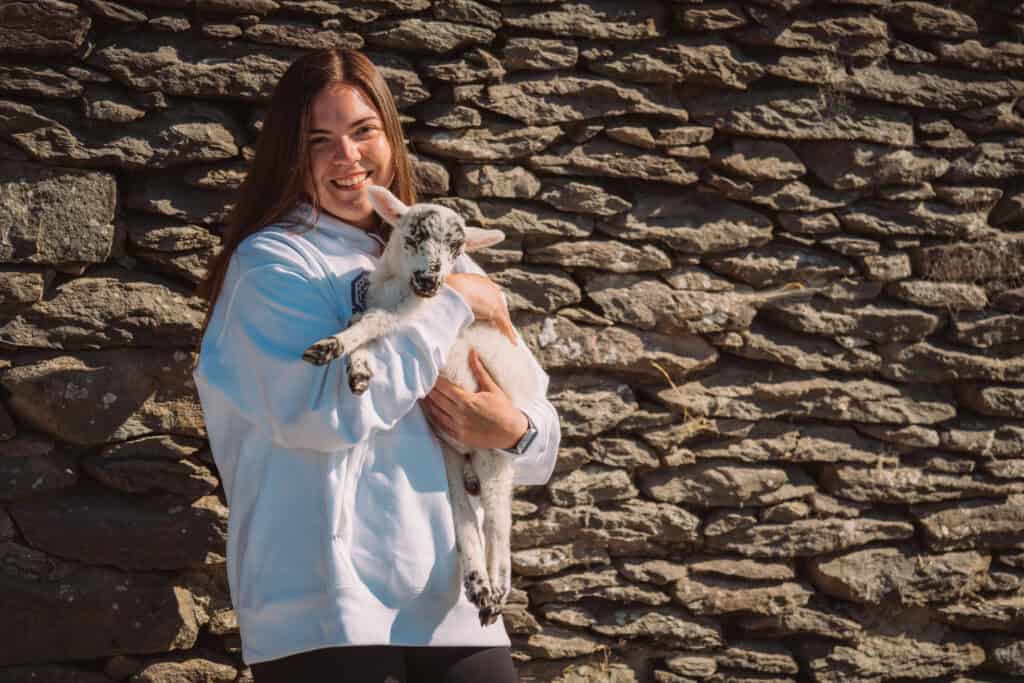
Fall
Semester
Read More
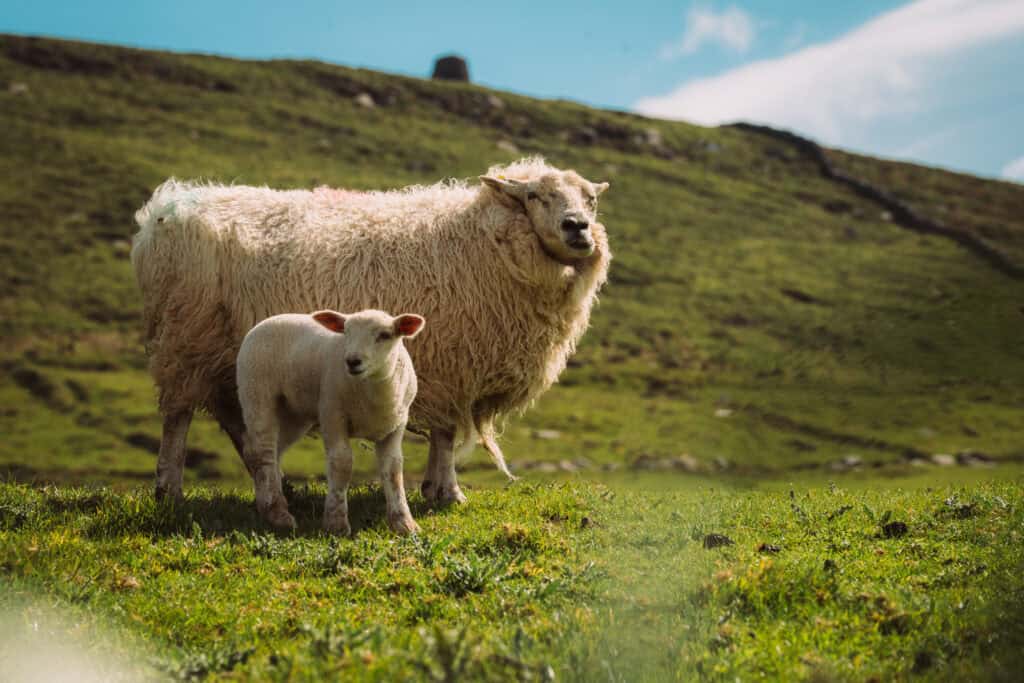
Spring
Semester
Read More
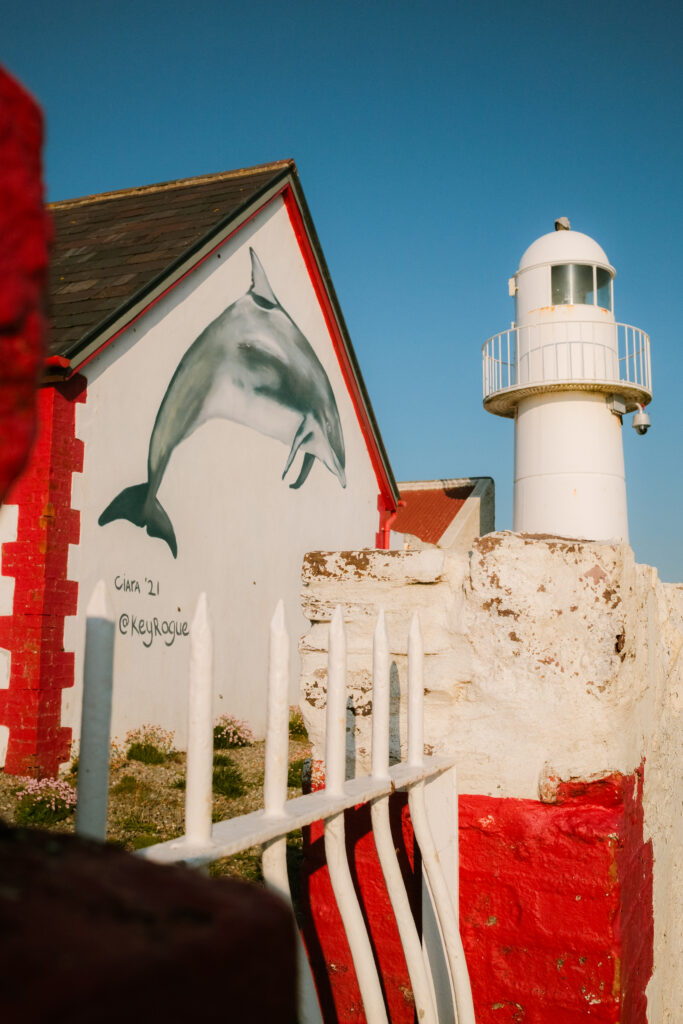
Winter
Short term
Read More
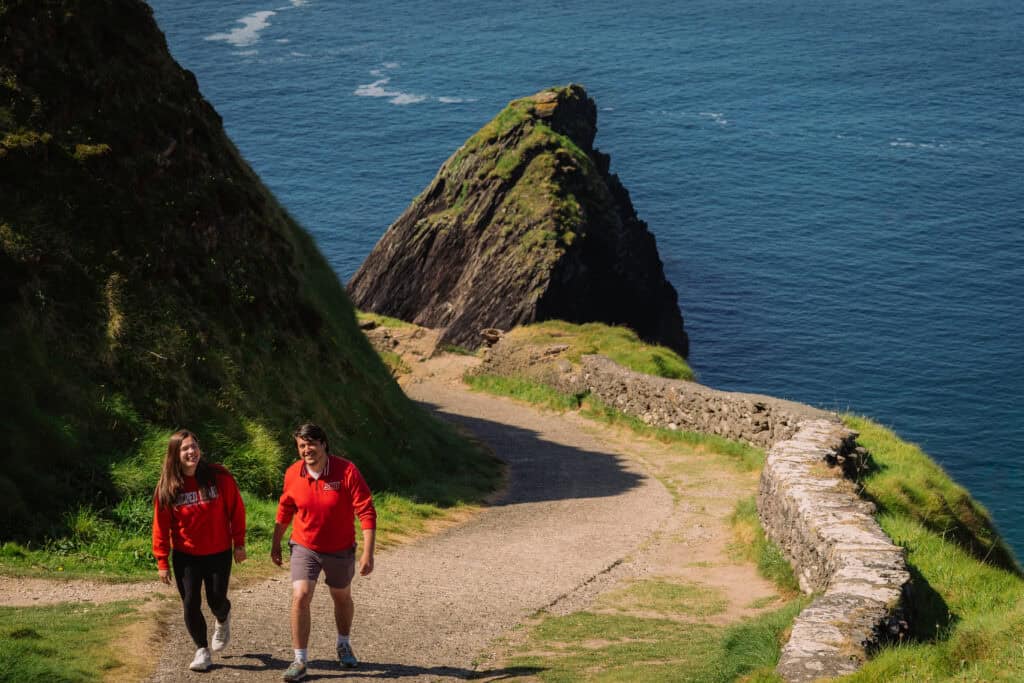
Summer
Short term
Read More

How to Apply

Tuition & Fees


